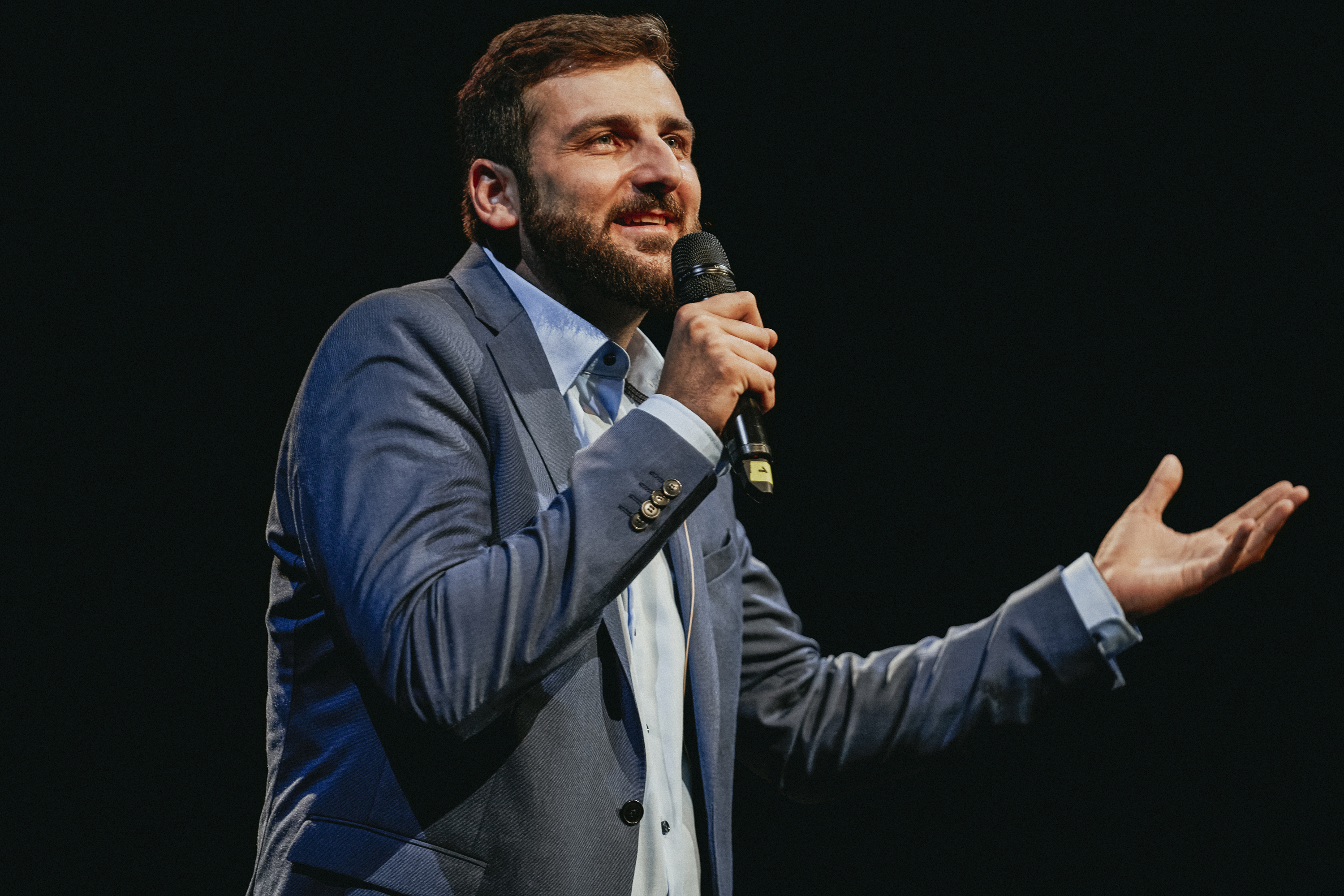Simona Zábržová is the founder of Soulmio, an online program that aims to provide comprehensive online mental health care for company employees. As Simona says, she herself went through burnout twice. So we asked Simona a few questions about burnout syndrome and tips on how to prevent it.
According to experts, every fifth Czech suffers from burnout syndrome. Yet it is relatively little talked about. Do you feel that it is a taboo topic?
Over the last three years, I have noticed that more space has been given to this topic in the media, and it is also being discussed among employees in companies.
But many people confuse short-term depression with burnout, and so the word burnout syndrome is, in my opinion, overused.
How does burnout syndrome manifest itself?
The best way to explain this is to look at the difference between stress and burnout.
STRESS
My emotions are strong, my work charges me and discharges me at the same time, I am hyperactive at times, then in a lull, I alternate between feelings of lots of energy and little energy, sometimes I explode, but two days later I don't know it. My life is characterized by motivation. Although exhausting, I am motivated by success, finances, meaningfulness, feeling good, etc.
BURNOUT SYNDROME
My emotions are numb, my work is unfulfilling and often uninteresting, I don't enjoy success, I don't feel the meaningfulness of my actions, I feel empty, lonely and without meaning in life, I feel hopeless to make a difference, loss of hope for a brighter tomorrow, loss of joy in life. I am not motivated. I have no energy.
Burnout syndrome is not the same as stress.
Can we say which group of people (which jobs, which types of people, which personalities) are most at risk of developing burnout?
Anyone can burn out. However, professions where people give out a lot and get little back, such as veterinarians, nurses, doctors, teachers, firefighters, police officers, and other helping professions, are more susceptible.
Then middle management, where there is pressure from below and above, or workers who are involuntarily in the home office and have to deal with self-management, work organisation, communication, solving family problems during working hours.
Burnout syndrome is not age or gender related. Indeed, anyone can burn out. The times are full of uncertainty and that is what burnout is good for.
You've been through burnout yourself. Did you realise that you were going through it yourself or were you first alerted by those around you that something was not as it used to be?
I have been repeatedly warned by those around me that I seem to have no energy. But at the time I didn't want to hear it and didn't realize the seriousness of the situation.
When a person realizes that he is suffering from burnout syndrome, how can he begin to address the situation?
First I recommend stopping completely. To take a few days off, breathe, go to nature and disconnect from the world of social media to have space to be with yourself.
It is advisable to attend therapy as soon as possible, talk to a specialist and, if necessary, take medication. I recommend that you do not postpone therapy, as the psychological state can deteriorate quite quickly.
Burnout syndrome doesn't happen overnight.
Do you have any recommendations on how to prevent burnout syndrome?
To cultivate a healthy relationship with myself so that I can better set boundaries for my work, rest and the demands of my surroundings. To listen to the physical and mental manifestations of my body. To rest, play sports, meditate, spend less time on social media and engage in what is meaningful and nourishing.
On the other hand, not investing energy where I get nothing back. Controlling energy expenditure and intake is one of the things we often don't pay attention to. Yet it is crucial to our balance.
What role does the psychologist/psychotherapist play in preventing burnout? How do you work with people with burnout at Soulmio?
In general, the best cure for burnout syndrome is rest and psychotherapy. I recommend that a person with symptoms of burnout seek professional therapeutic help.
Everyone experiences burnout with a different intensity, different attitudes to the situation and has their own individual combination of symptoms, so it's good to have someone to talk to, to be nurtured and guided further.
V Soulmio se zaměřujeme na příčinu vyhoření. Příčina pochází často z tlaku, který si vytváříme sami na sebe. Posilujeme tedy lidem vlastní hodnotu, učíme je více odpočívat, mluvit o tom, jak se cítí a pracujeme s jejich zodpovědností k životu.


.jpg)


